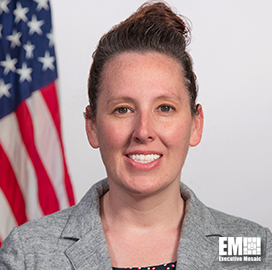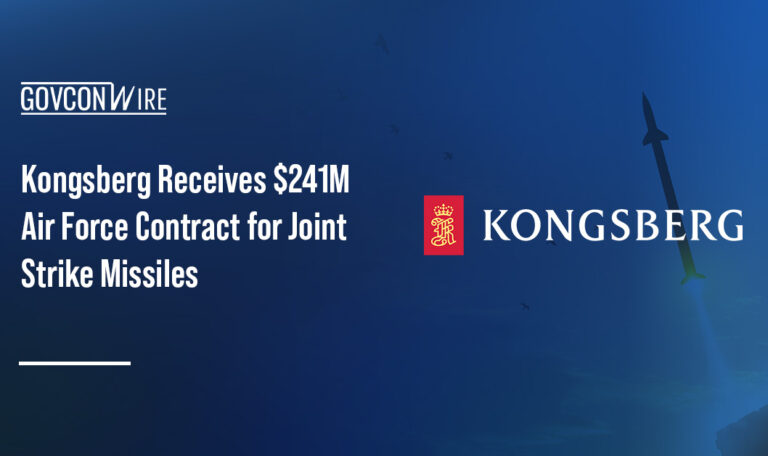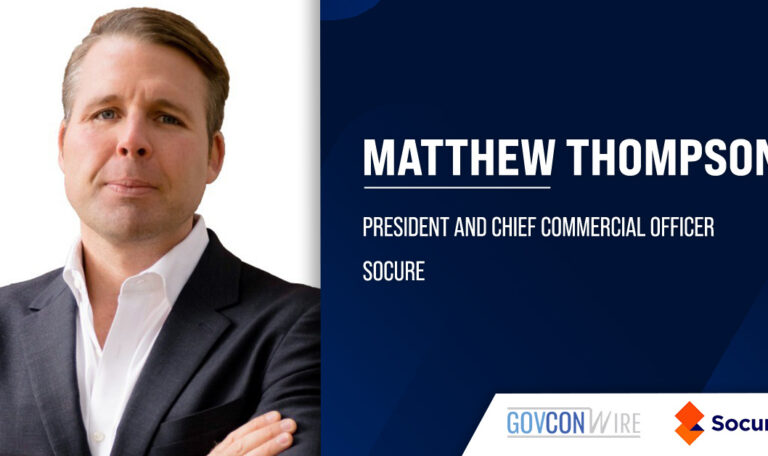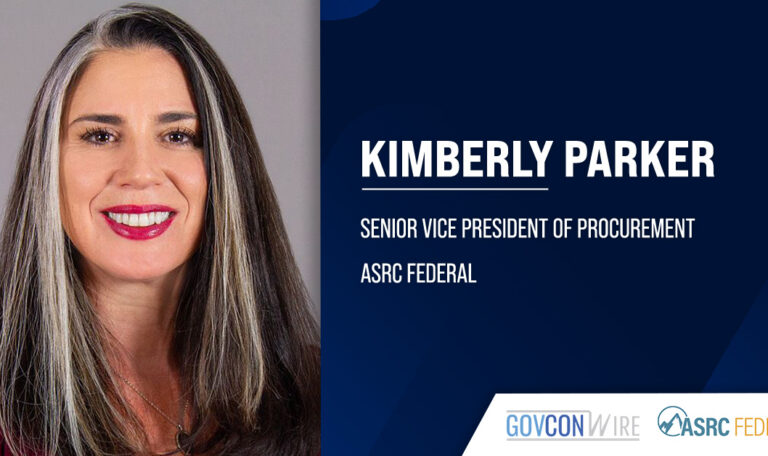Stephanie Shutt, director of the General Services Administration’s Multiple Award Schedule Program Management Office, has supported GSA’s MAS program for over 15 years.
In her role, she is responsible for overseeing the agency’s $30 billion MAS program offering almost every commercial product and service available to agencies government-wide. Shutt has also ensured that GSA’s Schedule program continually addresses current market forces and provides the federal government with a contracting solution to save time and cost.
Shutt has recently been involved with GSA’s Multiple Award Schedule (MAS) consolidation to modernize federal acquisition, leading the agency through its phased transition. The GSA recently announced that it has successfully completed the second phase of MAS consolidation.

“MAS consolidation is already improving the experience for our agency customers and our vendors — making it easier and faster for companies to modify contracts and add Special Item Numbers, and for contracting officers to place orders for the goods and services they need,” said Emily Murphy, administrator of GSA and 2020 Wash100 Award recipient
With the completion, GSA will enter phase three: multiple contract consolidation for current MAS holders. GSA has already consolidated its 24 MAS into a single solicitation for products, services and solutions, under phase one of the modernization plan.
Under MAS, GSA will create long-term, governmentwide contracts with commercial firms offering more than 10 million commercial supplies and services that federal, state, and local agencies order directly from GSA Schedule contractors.
“In choosing their main contract, industry will streamline their schedule business strategy and have just one point of contact for all MAS business moving forward,” Shutt explained.
Additionally, Shutt recently discussed her goals to consolidate GSA scheduling. She stated that the main goal of the project is to help the entire program become more consistent. After receiving feedback from industry, customer agencies and GSA’s workforce, she recognized that groups that ended up being siloed due to the amount of schedules.
“We found when we were talking to everyone that not only was there a consistency issue, but they became a duplication issue because everyone was building on their own, not as an enterprise… we realized the only way we’re going to be able to do that is to go one to so that that guessing game was eliminated,” Shutt stated.
She added that with the moderations to the schedule, “In the world today, people don’t usually buy just commodities or just services, everyone’s buying solutions.”
In regards to GSA’s additional modernization initiatives, the agency reported that it will continue to make headway in the Federal Marketplace Strategy (FMP).
FMP is GSA’s plan to modernize and simplify the buying and selling experience for customers, suppliers, and acquisition professionals. The goal is to ensure the federal marketplace experience of tomorrow is even better than it is today.
Through the FMP Strategy, GSA will simplify discovery and acquisition of products, services and solutions that meet their mission needs; reduce barriers to doing business with the government, and improve access to opportunities for qualified suppliers; and empower the FAS workforce to spend more time performing the highest value activities and focus on excellence in service delivery.

During GovConWire’s 2020 BD Trends Forum on Thursday, Aug. 27th, Shutt will further explain the goals within GSA, how to modernize scheduling and procurement, as well as dive into current Business Development (BD) trends, tips for securing contracts and Fiscal Year 2021 federal budget projections. Do not miss out on this must see forum!
Click here to register for the 2020 BD Trends Forum on Aug. 27th.
















